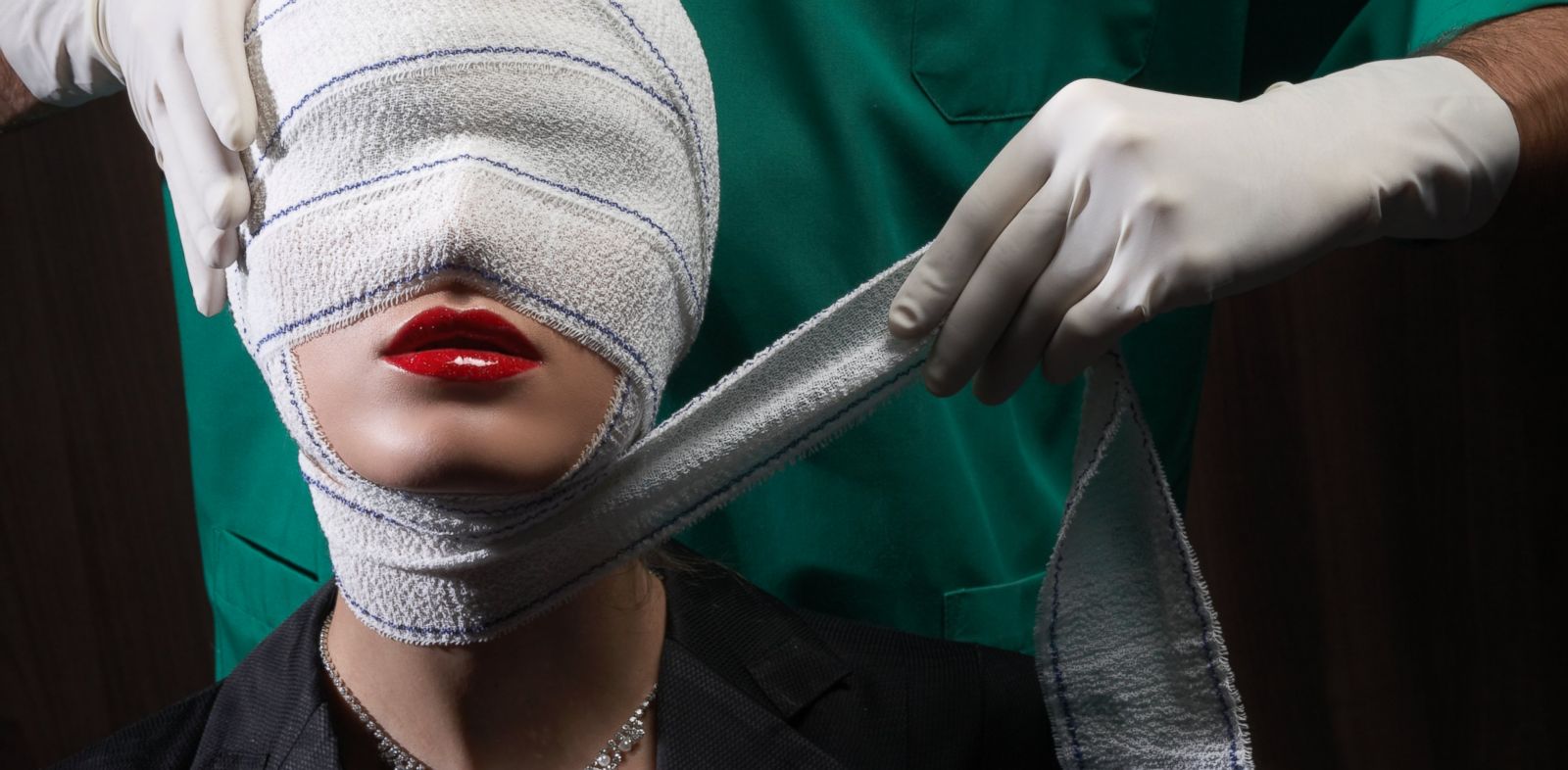5 Terrible Plastic Surgery Recovery Problems and How to Avoid Them
 The one thing that helps patients avoid plastic surgery complications is to follow the instructions of their doctor when it comes to postoperative care. Most plastic surgeries are successful, and in most cases the patients are very pleased with the results. Truly ghastly complications are rare, but following are five plastic surgery recovery problems and the best ways to avoid them:
The one thing that helps patients avoid plastic surgery complications is to follow the instructions of their doctor when it comes to postoperative care. Most plastic surgeries are successful, and in most cases the patients are very pleased with the results. Truly ghastly complications are rare, but following are five plastic surgery recovery problems and the best ways to avoid them:
1. Fat Necrosis
Fat necrosis is when the fatty tissue in the body is either dead or damaged. It sometimes happens after breast surgeries such as breast reduction, breast lift or breast augmentation. Fat necrosis can also happen after such procedures as abdominoplasty or liposuction used to treat places other than the breast. It feels like a lump beneath the skin and is usually painless. The skin around the area can have a bruised or dimpled look.
The condition is benign and often goes away after some time. Some doctors give diuretics or water pills to patients who are worried about the lumps. Diuretics stimulate the body to excrete calcium, which may contribute to the necrosis. Other patients have the lumps removed through needle aspiration, and in severe cases surgery may be required to treat the problem.
Home remedies include a warm compress over the area if it’s tender and anti-inflammatory medications to reduce swelling.
2. Infection
According to Maningas Cosmetic Surgery, some doctors start their patients on a course of antibiotics even before their plastic surgery to cut down on the risk of infection. Still, infection does happen. Most post-surgical infections are caused by bacteria that can be picked up through unsterilized surgical instruments or even unknown agents while the patient is in the hospital or recuperating at home.
The best way to prevent infection is to take the entire course of prescribed antibiotics, make sure that doctor’s appointments are kept and to keep the surgical wounds clean by gently washing them and changing the dressings and drains.
3. Hematoma
A hematoma occurs when a blood vessel hemorrhages and blood collects outside of it. Though this sounds scary, most hematomas go away on their own though some can be very serious. Surgeons take pains not to damage blood vessels during operations, but damage to smaller vessels is inevitable in major procedures such as abdominoplasty, facelift or rhinoplasty. Sometimes blood vessels are cauterized to staunch any bleeding. In the case of liposuction, the saline solution injected into the surgical site has a medication that causes blood vessels in the area to constrict, which limits bleeding.
A patient can greatly lower their risk of developing a hematoma by not smoking and stopping anticoagulant medications at least two weeks before the surgery. One reason that patients are advised to take it easy for at least a few days after an operation is because strenuous activity raises the blood pressure, and this can lead to a post-surgical hematoma. Patients who have blood disorders such as hemophilia should advise their doctor before they decide on plastic surgery.
4. Pulmonary Embolism
This is a dangerous condition where a blood clot forms in a major vessel, breaks off and travels to the lungs. Preventing pulmonary embolisms is one of the reasons why surgeons want their patients moving around, though gently, as soon as practicable after plastic surgery. It’s also a reason why patients are fitted with compression garments. A patient should make sure that they wear their compression garment for the amount of time the doctor recommends after their surgery.
5. Nerve Damage
Nerves are damaged when a surgical instrument accidentally nicks or cuts them or if the nerve is damaged because of pressure or loss of nutrients. There are six degrees of nerve damage. They range from symptoms like numbness, pain or tingling that go away after a few days and leave no lasting problems to nerves that are completely severed and need to be treated with additional surgery. The risk of nerve damage seems to be highest in breast surgeries. In some women, the lack of sensation in areas of the breast is permanent. This is why some women who want breast reduction opt for liposuction, which has a smaller risk of causing nerve damage.
As said, complications after plastic surgery are uncommon. There are many things that both patient and doctor should do to lower their risk.

















